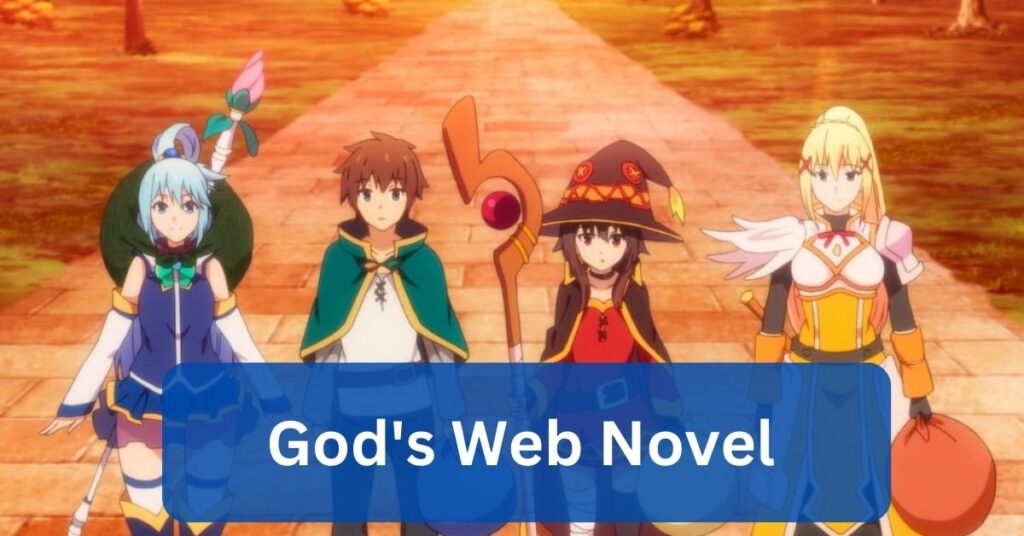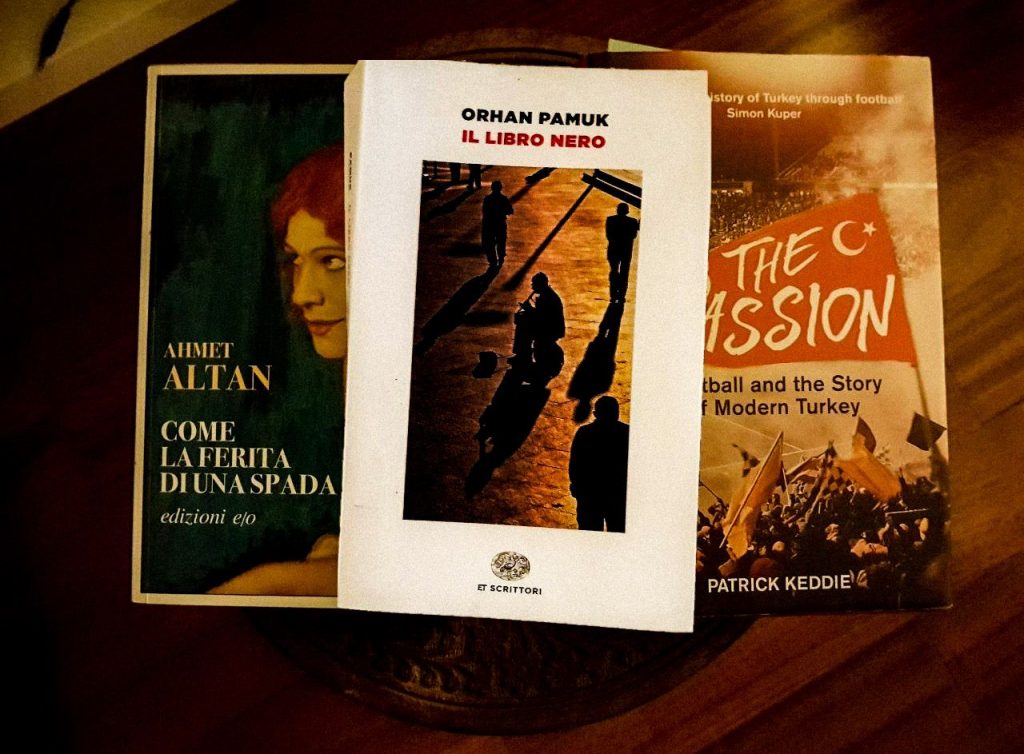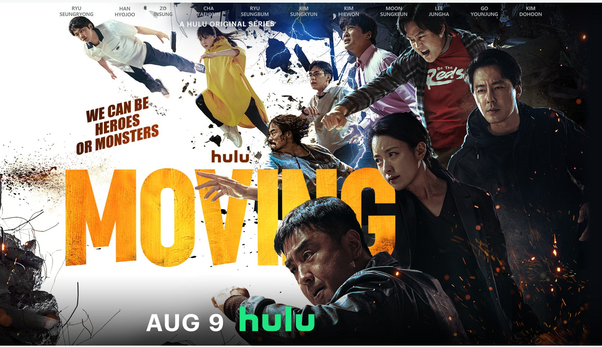Exploring “God’s Web Novel” – A Tale of Fictional Realities and Unleashed Potentials

A journey where the boundaries between reality and fiction blur, and the fate of a world hangs in the balance.
“God’s Web Novel” is a captivating web novel that takes readers into the intricacies of storytelling, power struggles, and the uncharted territories of an author’s imagination.
Dive into a world where the written word becomes a reality, and the characters within a novel come to life. In “God’s Web Novel,” we follow the protagonist, Lee Hwan, as he discovers the incredible power hidden within the pages of a novel and his newfound role in shaping its destiny.
The Premise – A World within a Novel!
In this unique narrative, Lee Hwan finds himself trapped within the bounds of a novel, a mere character created by an author’s imagination.
However, unlike other characters, Lee Hwan becomes a regressor, gaining access to the brutal Heavenly Demon God’s arts and the three great cultivation techniques.
As the plot unfolds, it becomes apparent that the strongest character in this fictional world is only interested in himself.
The protagonist, expected to conform to the novel’s title, faces unexpected challenges with sudden character appearances, transcendently strong enemies, and a clash of modern fantasy and martial arts traditions.
1. A Protagonist’s Revelation:
Lee Hwan has a revelation amid the chaos of conflicting elements and unruly characters. The author, realizing the oncoming ruin of his creation, turns to Lee Hwan and utters words that breathe new life into the protagonist. “You’re the main protagonist! The protagonist of my novel will help create this novel with me!”
This declaration sparks a renewed sense of purpose for Lee Hwan, a character who was once an author himself. The prospect of actively shaping the narrative and not merely following a predefined path rekindles his creative spirit.
2. The Promise of Change:
“I’m going to create it? I won’t just be a protagonist that only does what he’s told?” Lee Hwan questions, to which the author responds with a resounding “yes.”
Armed with the Heavenly Demon God’s arts and cultivation techniques, Lee Hwan sets out to change the world within the novel according to his desires.
3. A Symphony of Genres:

What sets “God’s Web Novel” apart is its ability to weave together diverse genres seamlessly. From modern fantasy elements to the intricate world of murim, the novel navigates through traditional fantasy landscapes, offering readers a rich and dynamic reading experience.
The clash of worlds, both in terms of genres and character motivations, creates a tapestry of conflicts and resolutions.
It’s a tale where the protagonist not only battles external foes but also grapples with the internal struggle of defining his own destiny.
Can Lee Hwan truly change the novel’s destiny? – Read more to find out!
Whether Lee Hwan can genuinely change the novel’s destiny is central to the intrigue and suspense of “God’s Web Novel.” As a regressor armed with the Heavenly Demon God’s arts and the three great cultivation techniques, Lee Hwan finds himself in a unique position within the narrative.
1. Lee Hwan’s Agency and Struggle:
At the heart of the novel are the exploration of Lee Hwan’s agency and his struggle to redefine his role. Traditionally, characters within a novel are bound by the author’s plot, predetermined destinies, and the narrative arc crafted by the storyteller.
However, Lee Hwan’s regression introduces an element of unpredictability, challenging the conventional dynamics.
The novel delves into Lee Hwan’s internal conflicts as he grapples with the weight of his newfound abilities and the responsibility that comes with altering the course of the story.
The struggle is not merely external, battling enemies and challenges within the fictional world, but also internal, as Lee Hwan questions the very essence of his existence and purpose.
2. The Author’s Trust:
The author’s decision to entrust Lee Hwan with the power to shape the narrative is a pivotal moment in the story.
It highlights the symbiotic relationship between creator and creation, blurring the lines between the fictional world and the imagination of the author.
This trust bestowed upon Lee Hwan becomes a driving force for the protagonist to assert his agency and influence the unfolding events.
3. Unveiling the Twists of Fate:
As Lee Hwan ventures further into the novel’s world, readers witness the unraveling of the threads of destiny that initially bound the characters.
The clash of genres, including modern fantasy and martial arts traditions, creates a dynamic and malleable narrative space.
Lee Hwan’s actions have ripple effects, altering not only his own fate but also those of the characters around him.
The novel skillfully explores the consequences of Lee Hwan’s choices, showcasing how a single decision can reshape alliances, confrontations, and the very fabric of the fictional reality.
This adds an element of unpredictability and excitement, keeping readers on the edge of their seats as they witness the transformative power of the protagonist.
4. Voyage of Self-Exploration:
Lee Hwan’s quest to change the novel’s destiny is also a journey of self-discovery. As he navigates through challenges and confronts challenging foes, he unveils layers of his own character.
The novel becomes a canvas upon which Lee Hwan paints his desires, aspirations, and vision for the world he inhabits.
Readers are invited to witness not only the external transformations in the fictional landscape but also the internal evolution of the protagonist.
Lee Hwan’s growth as a character is Tangledly woven into the larger narrative, adding depth and dimension to the overarching story.
5. The Unknowable Path Ahead:
The question of whether Lee Hwan can truly change the novel’s destiny lingers, creating an air of anticipation and curiosity.
With each chapter, the plot thickens, and the stakes heighten. The novel promises readers an unpredictable and enthralling journey, where the protagonist’s choices shape the destiny of the world within the pages and, by extension, the very essence of storytelling itself.
What Does Murim Mean?

“Murim” refers to a concept in Korean martial arts fiction. It is a term often used to describe a fictional world or community where martial artists, warriors, and individuals skilled in martial arts reside.
In these stories, murim can be depicted as a hidden society or subculture existing alongside the regular world, and it’s often characterized by its own set of rules, hierarchies, and codes of conduct.
Martial arts novels set in murim often explore themes of honor, loyalty, rivalry, and personal growth, and they frequently involve martial arts competitions and battles.
The term “murim” is deeply ingrained in the martial arts fiction genre, especially in Korean literature and popular culture.
FAQs:
1. What is the significance of Lee Hwan becoming a regressor?
Lee Hwan’s regression introduces a unique element to the story, allowing him to not only navigate the challenges within the novel but also wield potent abilities that shape the course of events.
2. How does the clash of genres contribute to the narrative?
The clash of modern fantasy, murim, and traditional fantasy elements adds depth and complexity to the novel, offering readers a diverse and immersive reading experience.
3. How does Lee Hwan’s knowledge as a former author influence his decisions within the novel’s world?
Lee Hwan’s background as a former author adds a unique layer to the story. His knowledge of storytelling, plot structures, and character development becomes a tool that he can leverage to navigate challenges and influence the narrative.
4. Are there consequences for Lee Hwan’s actions in the fictional world that extend beyond the pages of the novel?
The novel explores the interconnectedness of the fictional world and the broader consequences of Lee Hwan’s choices. Readers will discover whether the alterations made by the protagonist have repercussions that transcend the boundaries of the novel itself.
5. How do the Heavenly Demon God’s arts and cultivation techniques contribute to Lee Hwan’s ability to reshape the story?
The specific powers granted to Lee Hwan play a crucial role in his journey. Understanding how these abilities function and their limitations provides insight into the extent of Lee Hwan’s influence on the novel’s destiny.
6. Does the clash of modern fantasy and traditional elements create a harmonious blend or constant tension within the narrative?
The integration of different genres raises questions about how well these disparate elements coexist. Readers may explore whether the clash leads to a seamless fusion of styles or if it creates ongoing tensions that add complexity to the storyline.
Conclusion: Crafting Destiny in “God’s Web Novel”
“God’s Web Novel” defies tradition, immersing readers in boundless imagination. Lee Hwan’s shift from character to narrative creator epitomizes the novel’s innovation.
With the protagonist seizing control, the fate of the fictional world teeters on the edge, offering readers an exhilarating and unpredictable adventure.
Read more:






